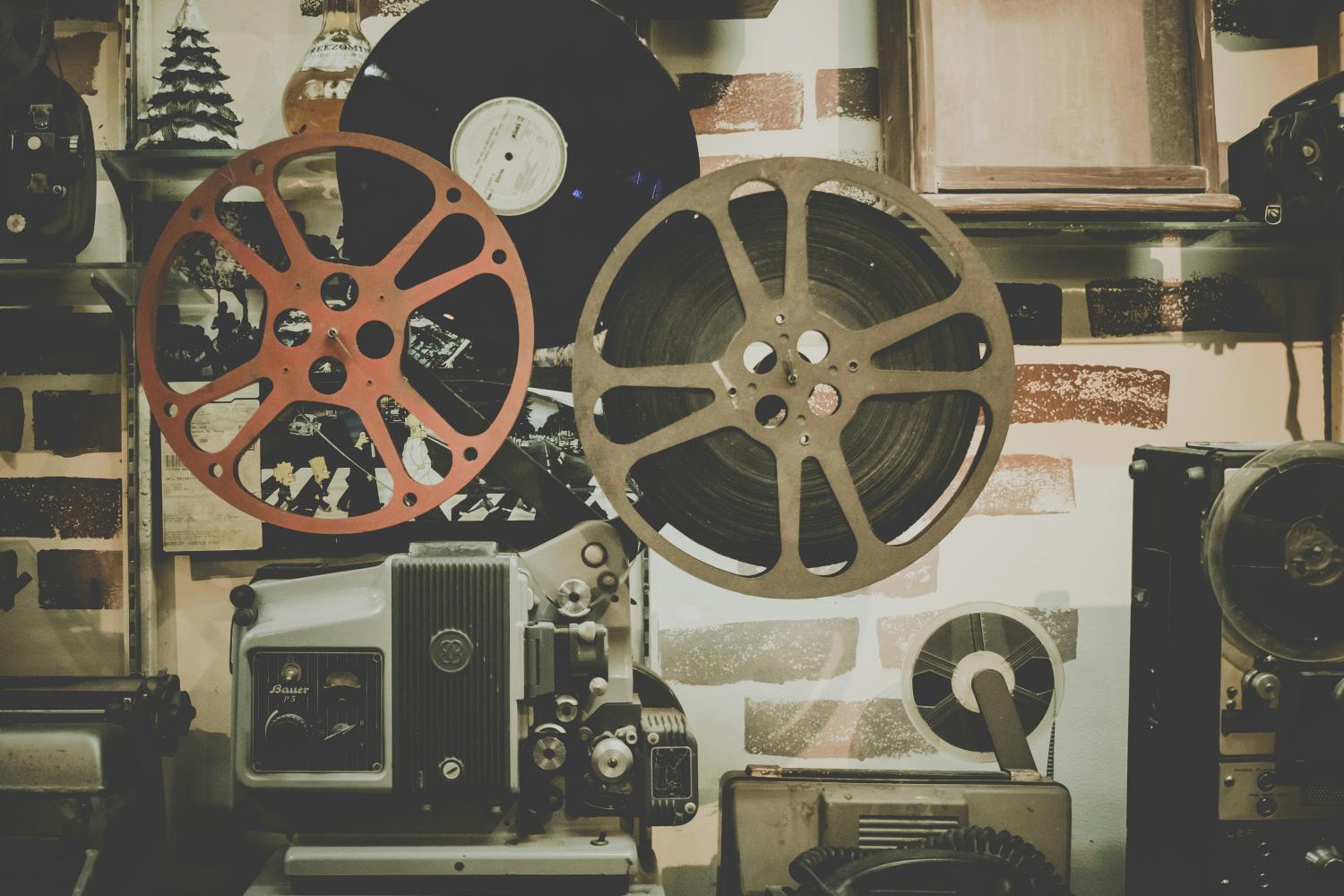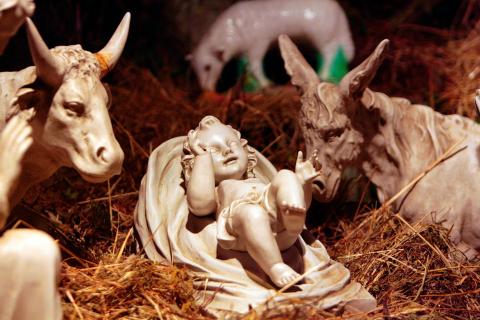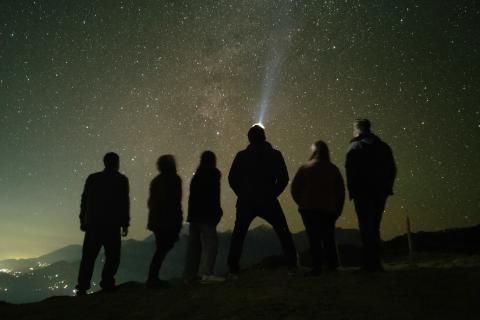
“Woke” culture has seen brighter days, in terms of its place in major news headlines. A bit of backlash from “Black Lives Matter” activists has followed the recent acquittal of Daniel Penny, who put an erratically acting man on a subway into a chokehold that proved fatal. And – somewhat less soberly – the New York Times recently marked the decline and fall of a trend that’s been hounding Hollywood for the past decade or so: a preoccupation with “the inclusive multimillion-dollar blockbuster,” those quirky “spinoffs, sequels and reboots” that have featured a “bold and visionary new twist: fewer white guys.” Is Hollywood’s “awkward ‘diversity era,’” its headline asks, “behind us?”
This all comes in the wake, too, of last month’s election, with the dust from that decision still looking for a place to settle as tempers continue to flare over Trump’s upcoming inauguration. And tempers there really are hot, in a way that invites questions over the drama of public response to all these kinds of events. Trump is a divisive figure, sure, and demands for justice always have people spilling out on both sides of an issue. But there’s room to wonder at the utter devastation that has befallen some Americans in the midst of flashpoints like these, the sense of egregious tragedy and personal grief that is not uncommon among them. The Times piece suggests that with the passage of years and their “moments” comes the chance to ask questions that, at the time, we tend not to have space to voice, but that also tend to prove prescient: “Has enough time now passed to say that was all a bit strange?”
Of course, films are one thing, and national politics and large scale social dynamics another. But from one point of view, the election, the Penny acquittal, and the resurfacing of “white guys” in movies really are simply the events of history unfolding, with no more cause for astonishment than any others. Time moves on, and so do various perspectives and values and opinions. Every age has its “stuff,” and this is the way ours is playing out. Some of it is for the good, some less so, but none of it is cause for special shock or inordinate grief, necessarily. We’re still fallen humans, after all.
But for a whole set of people in America, these particular pieces of news call into question a mythic, even religious view, one that hinges on the assured and certain arrival of a specific future: a future where social justice causes triumph; racial, gender, and sexual orientation equality is achieved; and overall progressive figures find overwhelming success. It’s a view that invites that particular brand of hectoring comments one sometimes hears – that one ought to be careful of the platforms he or she supports, so as to find him or herself on “the right side of history.”
When history doesn’t seem to be playing out “right,” then (according to this particular moral code), this doesn’t just make for a sense of setback or obstacle. It makes for a mythic, even religious crisis: the whole imaginative structure on which this vision of reality had been based is suddenly thrown into question. And that sheds some light on why the responses to news like that of Penny’s acquittal, and most especially Trump’s election, have been so dramatic. “Isn’t it all just a bit strange?” we might be tempted to ask with the Times. Well, perhaps strange, but also unsurprising, when one looks beneath the surface of it. The hope and fundamental belief structure of this group of people has been shaken, because that structure had said that things simply weren’t going to play out this way. The bleakness of the past was inevitably meant to stay past, and we were meant to be progressing forward, into a bright new future where things would get better, and apparently racially charged deaths, as well as unsavory, un-”woke” political figures, would be the stuff of a bygone age.
…All of which can serve to remind us of a whole set of principles: the impossibility of this inevitable utopian dream; the misguidedness of the assumption that humans are always evolving morally in the same way they’re advancing scientifically or physically; and also the reality that all of us are clinging to some kind of faith as the basis for our fundamental hopes and expectations, whether we think ourselves religious or not. Some of us are holding to faith in God, of course; but those clinging to this dogma of an emerging better world are also holding onto a kind of blind faith, which is equally, if not more so, unable to find its grounds in evidence or logic wholesale. And on that score, a dramatic response to events that uproot the grounds for that faith reasonably follows – the shattering of a worldview would cause pain, grief, outrage. In the midst of it, though, perhaps this is a good moment to suggest important questions, questions that might serve to reshape those worldviews, to the remediation of just that pain, grief, and outrage: how much faith has been put in the promise of this new, worthier world? And if the “right side of history” doesn’t seem to be coming round, might there be better, even more reasonable dogmas to be putting one’s faith in?
Bishops in the Canadian province of Quebec have voiced concern in response to the provincial premier's stated goal of finding legal ways to bar prayer in public spaces.
Also in Canada, a new report reveals that 1 in 20 deaths across the country resulted from euthanasia last year.
"There’s a very large territory of wholesomeness and sanity that we can reclaim for ourselves, if we are willing to make an effort." One author offers seven insightful ways to reduce distractions.


